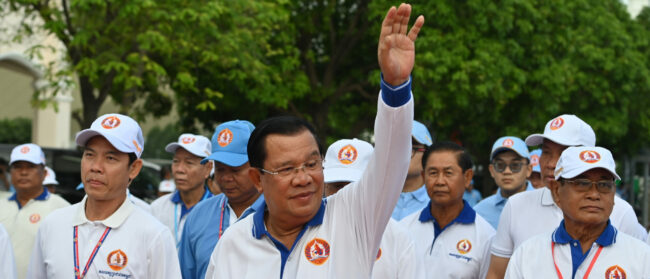Words matter. For a migrant growing up in a foreign land, the right word can spell the difference between a warm welcome and a slur spat in their face. For a man or woman born into the wrong body, it’s the difference between the person they are at heart and the stranger society has forced them to be. For a child separated from its mother at the border between two nations, it’s the difference between growing up in a detention centre and a concentration camp.
This week, we’ll be looking at what we talk about when we talk about climate change. With barely a decade to restructure the world’s economies to avoid the worst catastrophes of a warming world, more and more publications are talking less about climate change and more about climate crisis. On Tuesday, we’ll be breaking down where we stand on the language of climate change, and why.
When does a terrorist stop being a terrorist? On Thursday, we speak with a man who helped build the bombs that killed more than 200 people in the brutal 2002 Bali attacks. Now, Joko Tri Harmanto spends his days serving soup in Central Java – and helping other convicted extremists in their struggle to turn their backs on terror.
Perhaps no one feels the weight of words more than the journalists who bring you the news you consume throughout your day – and, in many ways, shape your understanding of the world you live in. On Friday, we’ll be speaking to some of the leading voices in Southeast Asia’s media landscape to break down the challenges and opportunities facing some of the region’s independent news outlets.
We’ll also be diving back into our print archives to publish, for the first time online, the stories of a number of Cambodians who have been victims of acid attacks that left them disfigured and disabled for the rest of their lives. Although the Kingdom has taken great strides in fighting back against these heinous crimes, providing medical and social services to victims must remain a priority.
From Burmese border towns to upscale restaurants in Hanoi, trade in endangered wildlife remains rampant through the region. On Wednesday, we’ll be looking back at the Kingdom’s illegal wildlife trafficking as told through the haunting photography of Patrick Brown.
We’re dedicated to bringing you daily longform features blending quality journalism with creative design. Find out how you can be part of that story here.


